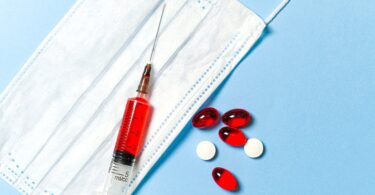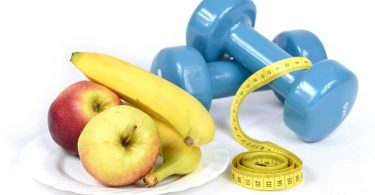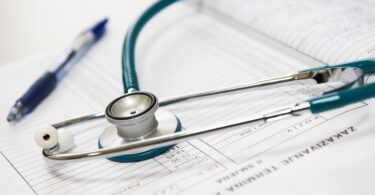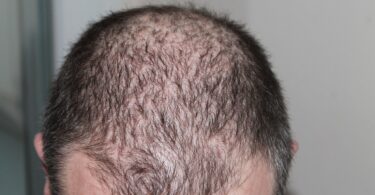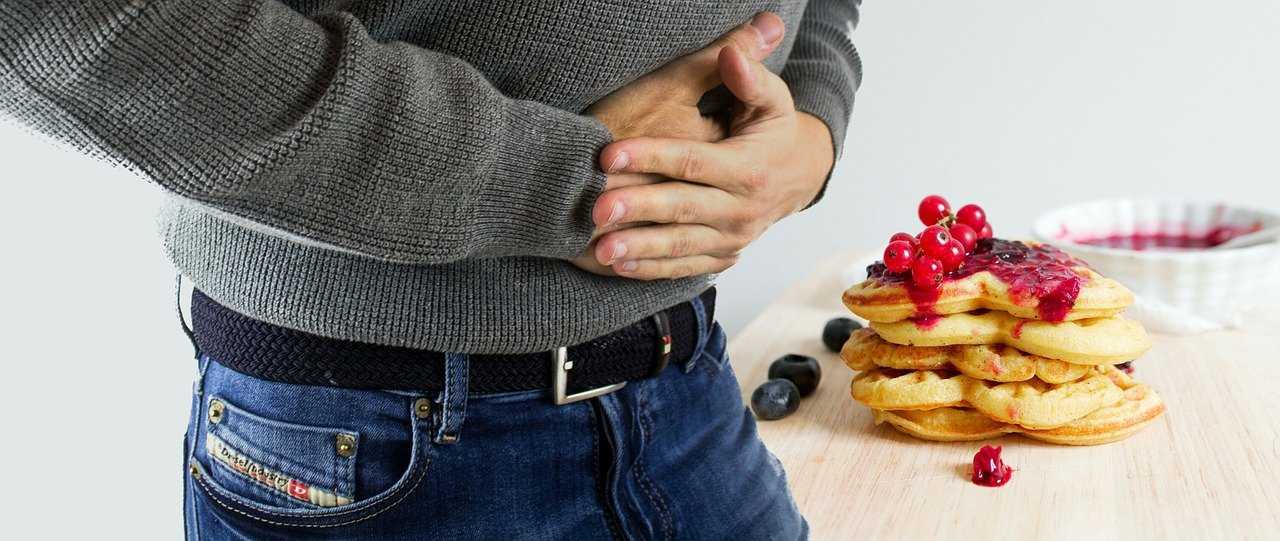
Stomach
The intestine with its inhabitants, the intestinal bacteria, is a completely underestimated organ. Health starts in the gut. It decides what gets into our body or the bloodstream (nutrients) and what has to stay outside and then be excreted (toxins and pathogens). It is therefore the barrier between the inside and the outside world.
In my article “The intestinal flora – cause of intolerance and obesity? “, I explain to you why the intestine is much more exciting than you might think and why it can contribute to the fact that you do not lose weight, are constantly weak or in a bad mood.
Why it pays to take care of your bowels
A bad diet, medication, and too much stress can cause serious problems for the intestines and the microbiota (all the bacteria that live there). There is an unfavorable balance between “good” and “harmful” bacteria and the intestine becomes permeable for things that it shouldn’t actually let through.
A “damaged” immune system and food intolerance are harmless consequences.
The intestine deserves our full attention and we can help it regain a healthy balance. I will explain what you can do. The following principle applies in principle:
Support the intestine as much as possible in its digestive work and ensure that the right bacteria feel comfortable there. Bad bacteria should be expelled and good bacteria should be multiplied.
This is achieved primarily through dietary and lifestyle changes and can be supported by taking targeted prebiotics and probiotics.
10 tips for a healthy (GUT) bowel:
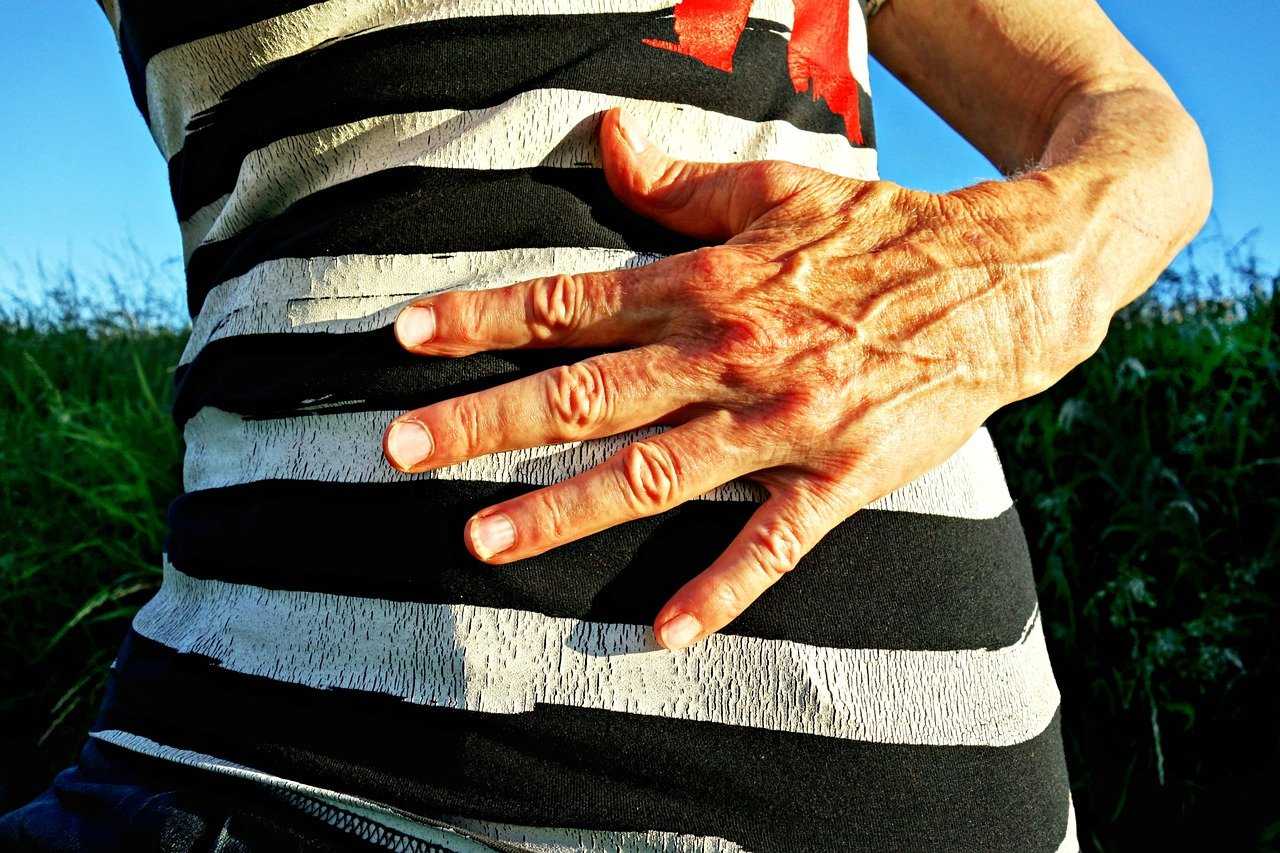
Stomach health
- Avoid or reduce gluten (gluten is mainly found in cereals such as wheat, rye, and spelled ). Use alternatives and pseudo-grains (amaranth, quinoa, buckwheat, millet).
- Avoid or reduce dairy products (not necessarily because of lactose tolerance, but because of the mucilaginous and constipating effect of milk protein). There are now numerous plant-based milk alternatives.
- Daily abdominal self-massage to reduce indigestion.
- Eat plenty of fiber. Dietary fiber nourishes the good intestinal bacteria and ensures better digestion. Coconut flour, tiger nuts, and barley grass powder or chia/flaxseed are often easier to digest than whole grain products. Slowly start increasing your intake (your bowels have to get used to it).
- Take probiotics and integrate probiotic foods into the menu (see below).
- Psyllium husks (regenerating mucus) and bentonite (binding of gases and toxins) for regeneration and cleaning of the gastrointestinal tract
- Regular enemas (especially if you are constipated) to stimulate bowel movement.
- Regular exercise also gets the intestines and intestinal peristalsis going. Minimum: one short walk a day.
- Drink a lot – water or tea are ideal.
- Eat slowly and chew carefully so the food is much easier to digest.
Depending on how badly your intestine is already affected, an intestinal rehabilitation can be useful (ATTENTION, there are numerous preparations on the market that are pointless because they contain too few or the wrong bacteria!).
Intestinal rehabilitation: this is how it works!
An intestinal rehabilitation usually consists of two components:
1. Take probiotics / eat probiotic foods
Probiotics are living “good” bacteria:
- Lactobacilli (lactic acid bacteria)
- Bifidobacteria
Preparations should contain a mixture of both and an amount of at least 10 billion. The intake of probiotics improves the intestinal bacteria ratio and supports the development of healthy intestinal mucosa.
Fermented foods also contain numerous lactic acid bacteria:
- Sauerkraut (fermented white cabbage)
- Kimchi (fermented Chinese cabbage)
- Kombucha (fermented tea)
- Coconut milk) yogurt
- Miso (fermented soybeans)
2. Take prebiotics / eat prebiotic foods
They are the food for the good intestinal bacteria and thus ensure that they feel good and can multiply. Prebiotic foods are primarily fiber such as resistant starch, inulin, or oligofructose. You don’t have to take these as an isolated preparation, but they can also be found in many foods:
- oatmeal
- boiled cold potatoes
- Legumes
- garlic
- Onions
- leek
- unripe bananas
- parsnip
Conclusion
As you can see, there are a lot of things you can do for your gut every day. Try to implement as many tips as possible and see whether your stomach pinches and your well-being improve.
Especially if you have serious complaints, you should think about having a stool examination. This can be used to determine how your gut bacteria and health are determined.
Although this topic is gaining increasing interest and awareness, it is still a long way from reaching enough doctors with the necessary explosiveness. The initiative can therefore make sense here.


